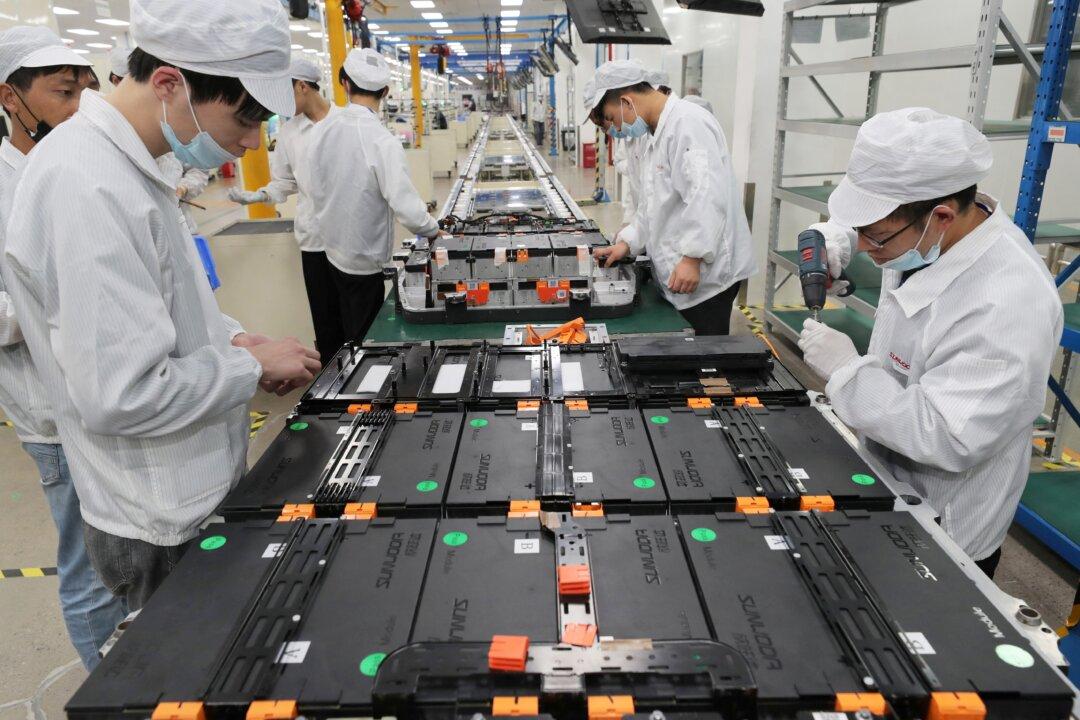Commentary
The U.S. House of Representatives has unanimously voted to strip China of its status as a “developing country.” Even if the Senate and President Joe Biden were to go along, Washington would have no power to force the issue.

The U.S. House of Representatives has unanimously voted to strip China of its status as a “developing country.” Even if the Senate and President Joe Biden were to go along, Washington would have no power to force the issue.